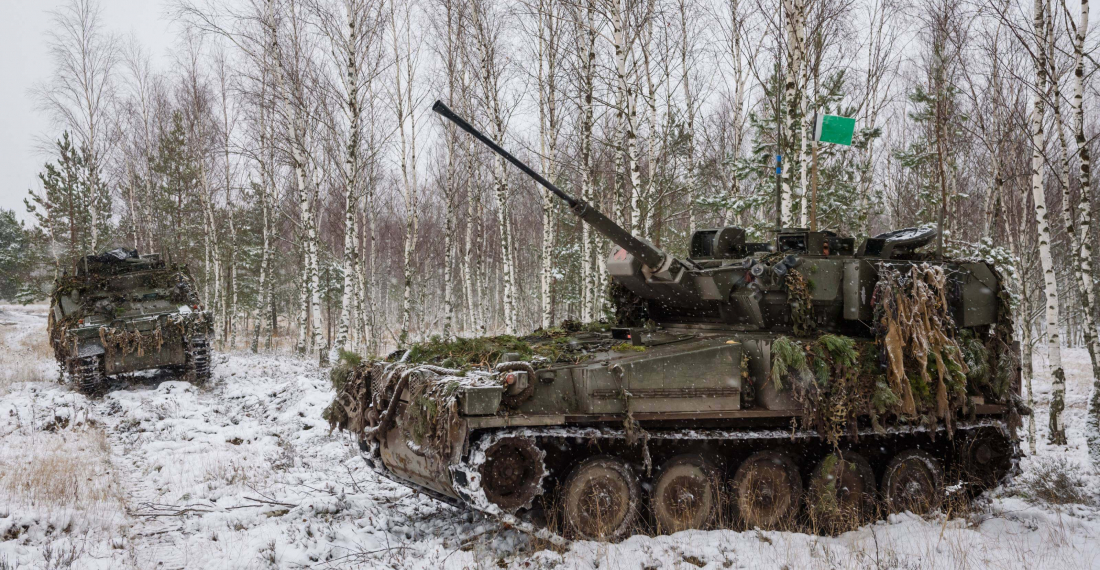NATO is sending extra reinforcements to its member states in Eastern European because of Russia's military troop build-up on the border with Ukraine. The Secretary-General of NATO, Jens Stoltenberg, confirmed this Monday (24 January). This includes frigates, fighter jets and troops for "collective defence". The reinforcements will be stationed in the Baltic Sea and Lithuania, among other places. A Russian invasion of Ukraine now appears increasingly likely. Moscow has placed more than 100,000 soldiers on the Russian/Ukrainian border.
Stoltenberg said he "welcomes allies contributing additional forces to Nato", without giving precise numbers.
"Nato will continue to take all necessary measures to protect and defend all allies, including by reinforcing the eastern part of the alliance. We will always respond to any deterioration of our security environment, including through strengthening our collective defence", he said.
In a reaction, the Kremlin called the decision "hysterical" and "based on lies". Kremlin spokesman, Dmitry Peskov, said a military conflict in eastern Ukraine "initiated by Ukraine" to up the tensions is now more probable than ever. The Kremlin is thus suggesting that Ukraine is ratcheting up tensions and also accusing the country of amassing a large military force in the east of the country.
The US is currently considering the deployment of troops and military assets to Eastern Europe
Evacuation families of embassy staff
The European Union will not evacuate the families of EU diplomats from Ukraine for now, the High Representative of the Union for Foreign Affairs and Security Policy, Josep Borrell, said Monday. The United States is planning to do so, it was announced earlier on Monday. All other US citizens were also advised to consider leaving due to the ongoing threat of a Russian military invasion.
However, there is no question of evacuating American citizens, according to a statement from the US Department of State. Commercial flights are being used in the evacuation. Non-essential embassy personnel also have the option of leaving. The Department emphasised that the US embassy in Ukraine will remain open and that the US continues to support Ukraine.
The UK and Germany have also started to recall some of their diplomatic staff. The British Secretary of State for Foreign, Commonwealth and Development Affairs stressed that the embassy would remain open for all critical matters.
By removing the families of diplomats and diplomatic staff from Ukraine, the Western countries are "trying to increase the tension", said Kremlin spokesman, Peskov.






